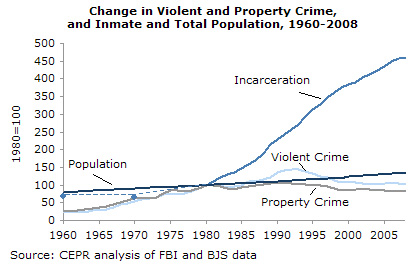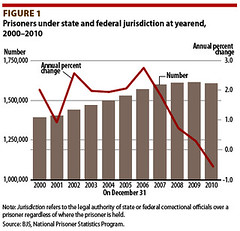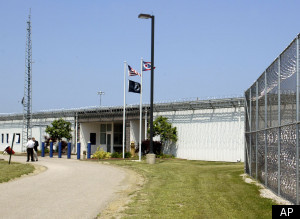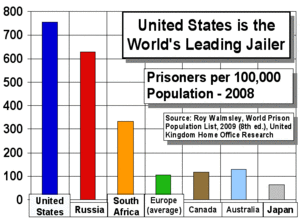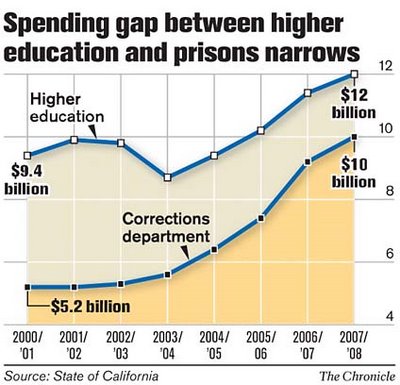David Rittgers wrote for The Politico 8 June 2011, How Police Are Turning Military
The sheriff’s office in Pima County, Ariz., raided the home offormer Marine and Iraq combat veteran Jose Guerena, shooting 71 rounds at Guerena and hitting him with 22. The department is now facing a serious controversy over Guerena’s death.
But the raid isn’t the real tragedy. It’s a symptom of the real tragedy: the militarization of U.S. law enforcement.
Pima County released a video of the raid and supporting documents. The video isn’t anything new — a squad of police officers dressed up for combat. But the statement of the SWAT supervisor is worth reading. After the SWAT team entered Guerena’s home, the supervisor left one or two “operators” with the body while the rest searched the house.
What did he mean by operator? Well, a police officer. But the term connotes something entirely different.
“Operator” is a term of art in the special operations community. Green Berets, SEALs and other special operations personnel often refer to themselves as operators. It’s a recognition of both the elite standards of their units and the hybrid nature of their duties — part soldier, part spy, part diplomat. But importing operator terminology into domestic law enforcement is not a benign turn of the phrase.
Perceiving yourself as an operator plasters over the difference between a law enforcement officer serving a warrant and a commando in a war zone. The former Mirandizes, the latter vaporizes, as the saying goes…. Targeted killing is legal in a war zone but not on the streets of Anytown, USA.
Why is this happening?
The war on drugs has done incalculable damage to the character of law enforcement by encouraging police officers to forget they are civilians.
The police should be us. The War on Drugs has turned them into them against us.
-jsq

